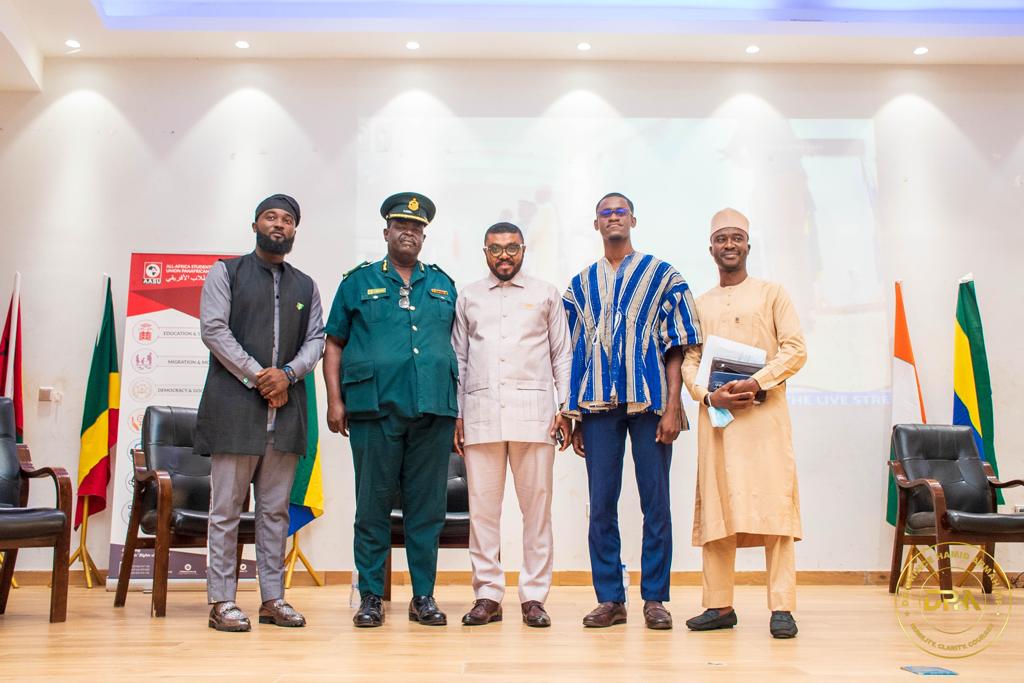Yoti once again sheds light on the potential applications of digital identity technology in Africa. The company has previously argued that the technology could aid ground hornbill conservation efforts in Zimbabwe, and is now turning its attention to Angola with a hypothetical case study that examines the country’s education system.
In this regard, Yoti noted that Angola has spent much of the past 20 years trying to rebuild its educational infrastructure after decades of civil war. The country’s government estimated that the illiteracy rate reached 90% when it gained independence in 1975, and the ensuing civil war decimated schools and derailed all efforts to create a cohesive educational program for the young people of the country.
The problem is particularly pronounced in rural areas, where much of the population is poor and lacks access to modern digital technologies. Yoti nevertheless thinks that digital identities could help in the dissemination of educational resources. The pitch focuses on Aid for People’s Development by People (ADPP), an NGO that has partnered with the Angolan Ministry of Education to build secondary schools in rural areas. The Teacher Training Colleges of the Future (CTF) are set up to train teachers, which in turn will create a pool of education professionals who can educate the next generation of Angolan children.
Unfortunately, many people enrolled in CTFs have limited education themselves and may not be able to afford textbooks or an internet connection. Digital identities would allow them to access these documents through their schools. CTFs would collect facial and fingerprint biometrics from each student when they register for their classes, and students would use their fingerprints to enter the library or use a workstation on campus.
Schools could also issue physical ID cards to their students to use as proof of identity. Angola has struggled to distribute national ID cards, so school ID cards would be especially useful for people in the more remote parts of the country.
CTFs offer three-year training programs. Students would presumably have access to the library for the duration of their studies and for a specified period after graduation.
Yoti himself started a humanitarian technical support program to help organizations that champion socially beneficial causes.



